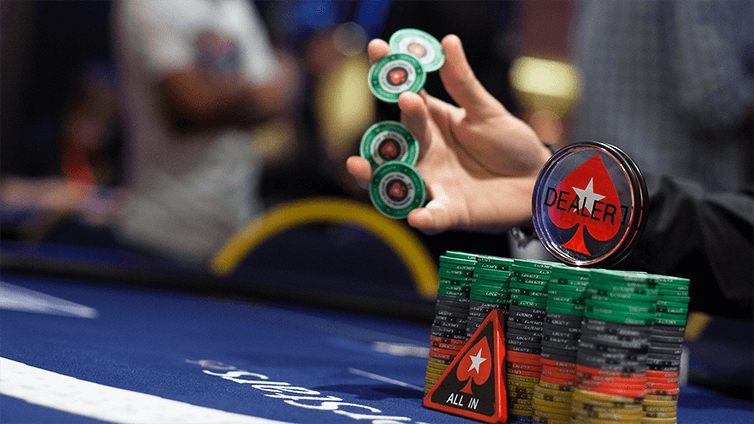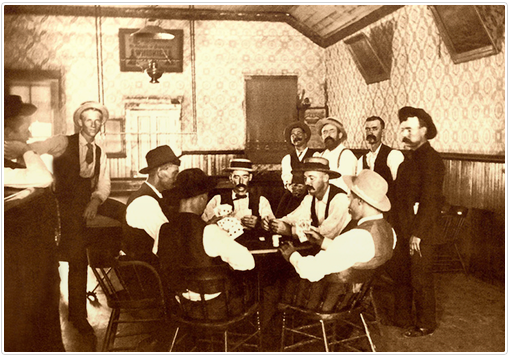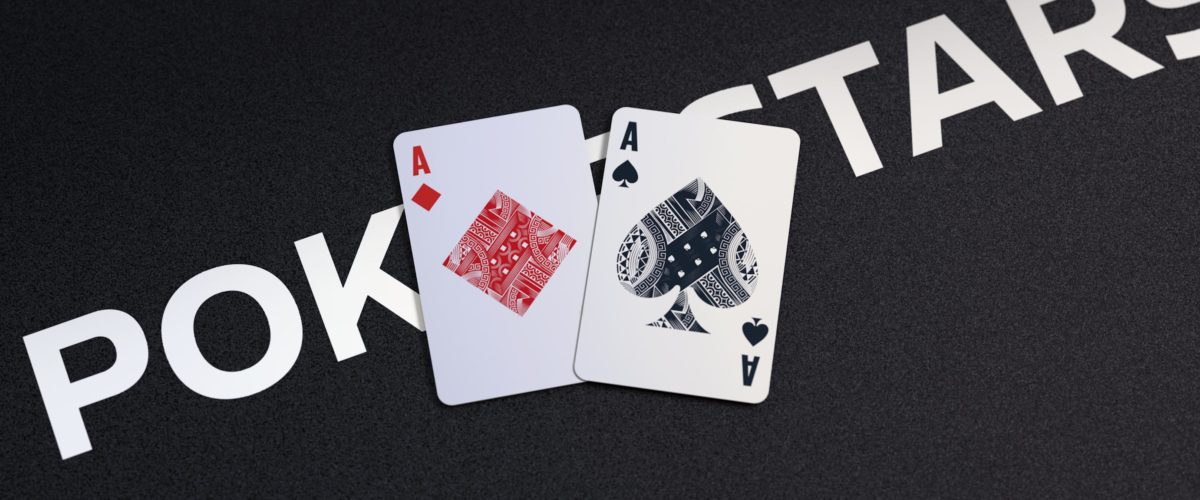Getting to Know the Game
Before we get on with the Poker Basics course, which will guide you through everything you need to know as a new player, there are a few fundamentals about the game that will aid your general understanding.
In particular you should have an idea of the numerous variants of the game, including the differences between No-limit and Fixed limit, and between “cash” and “tournament” poker.

All of what you learn in these early stages will be explained in greater depth throughout the many courses. You can progress at your own pace and should get in the habit of going back to re-read articles to refresh your memory.
POKER VARIANTS
There are many different variants of the game of poker, some of which seem similar but have specific quirks and different strategy. In old-school gangster movies, for example, they might be playing games known as five-card draw or seven-card stud, while some of today’s whizz kids could be playing Omaha hi-lo, with any number of their own personal rules tagged on.
But let’s forget about all of those for a moment. By far the most common poker variant is no limit Texas Hold’em – sometimes abbreviated to NLHE. Specifically, this is the game where each player receives two personal “hole” cards and can bet all of their chips at any time.

All of the rules and mechanics of the game will be explained as this course progresses, but bear in mind that when we are talking about “poker”, we are almost always talking about no limit Texas Hold’em, unless otherwise stated. It is the easiest variant to learn and is justifiably the most popular.
Most televised tournaments are NLHE competitions, including main events on the European Poker Tour (EPT), Latin America Poker Tour (LAPT), Asia Pacific Poker Tour (APPT) and all other regional PokerStars tours. The main event of the World Series of Poker, held in Las Vegas every year, is also a no limit Texas Hold’em tournament.
If you see two concealed “hole” cards in front of a player, he or she is playing Texas Hold’em. You will find hundreds of Texas Hold’em tables on offer when you first look round the PokerStars lobby.
No Limit or Fixed Limit
As stated above, the beginner’s courses at PokerStars School focus almost exclusively on no limit Texas Hold’em. It is therefore important to understand what “no limit” means in a poker context.
In some games – known as fixed limit or pot limit – players are permitted to bet only a very specific amount, determined by the pre-arranged level of the game. But “no limit” means that there are no betting restrictions: no matter how many chips you have in front of you during a no limit game, you are allowed to bet them all whenever it is your turn.
Crucially, you are not allowed to bet any more than you have in front of you. You cannot reach into your pocket, or visit the PokerStars cashier, when you are in the middle of a hand. But if you have the chips on the table, you can wager them all at any time in a no limit game.
As a result of this betting freedom, no limit games can be quite volatile. Players can lose all their chips – or double their stack – in only one hand. Later in the course, we deal with the crucial concepts of bankroll management, which will ensure you do not go broke. But for the time being remember that a no limit game means that all your chips are in play all the time, so be careful and learn at the play money, or low-limit, tables.
Tournament v Cash Play
Even at this very early stage in your poker career, it is worth understanding the difference between “cash” and “tournament” poker. PokerStars School covers both in some depth in later courses, but it is important to know what separates the two.ű
In short: a cash game is played with chips that have a real cash value and players join and leave the game at any time they please. Essentially a cash game is endless, with the participants changing continually as play progresses.
Cash games take place around only one table. You play a cash game only against the players beside whom you are seated, and if you don’t like those opponents, you can get up and find another game.
(Note: there is not any actual cash on the table. All poker is played using chips, or online where your balance is indicated on the screen.)
Cash Games or Tounament Poker – Which is best?
By contrast a tournament is played in accordance with a very strict and pre-defined structure, costing a specific entrance fee. Any number of players can enter, and players in a tournament are spread across as many tables as it takes to fit them in.
A tournament is completed when a player has either lost all his chips or has won everyone else’s.
At the beginning of a tournament, all the players exhange an entry fee for a number of tournament chips. Everyone is charged the same amount to enter, and everyone gets the same number of chips. From then on, these chips are the only currency that matters. Tournament chips have no cash value from the moment the tournament begins.
The champion – ie, the player who is never knocked out and accumulates all the others’ chips – takes the biggest slice of a prize pool, with money also going to an agreed percentage of the top-placed finishers. Second place will win an agreed amount; third place slightly less, and so on.

When you see poker champions waving a huge check at the end of a tournament, their prize comprises the lion’s share of the total money wagered by all the players who were knocked out along the way.
Tournaments follow an agreed format, and the key factor is the advertised entry fee. A $3 tournament might follow the same structure as a $300 tournament: entrants might get, say, 3,000 tournament chips for their original investment and play would proceed in precisely the same manner.
Things are markedly different in a cash game, where there is no fixed moment at which it must end, nor a pre-defined fee. Players can typically buy back in to a cash game if they lose their chips, a practice that only applies in some specific tournaments.
Later courses at PokerStars School cover single table tournaments (STTs) and multi-table tournaments (MTTs). There is also a specific cash game course. But first, the basics, which will apply whatever type of poker you choose to play.

